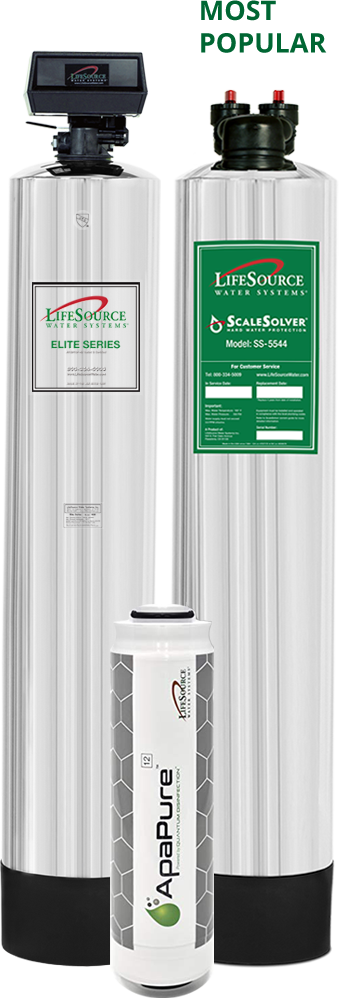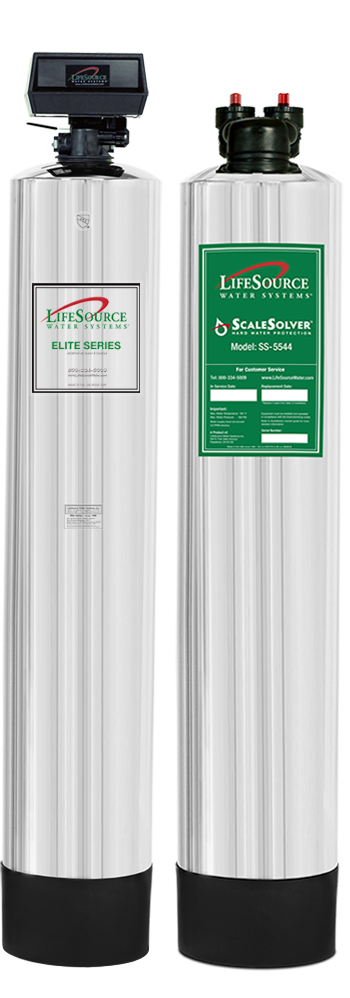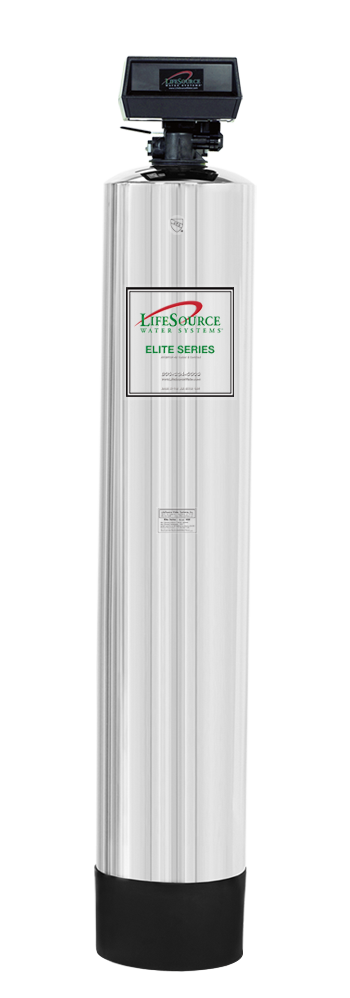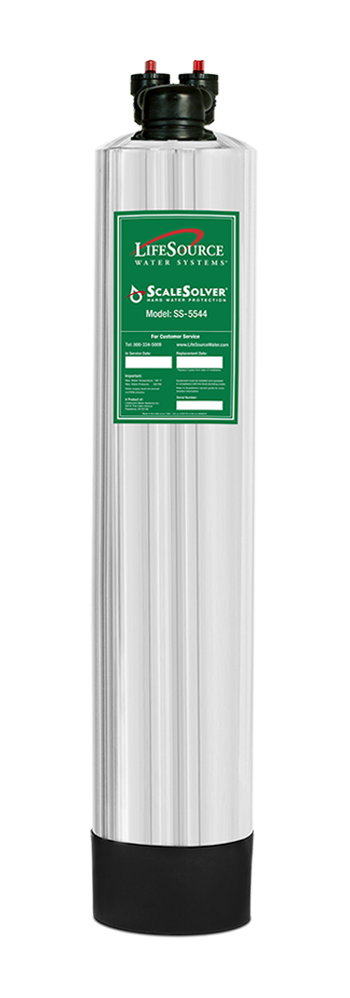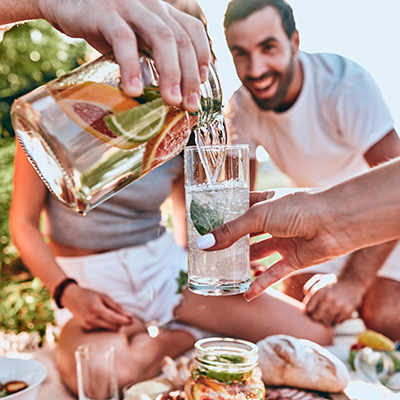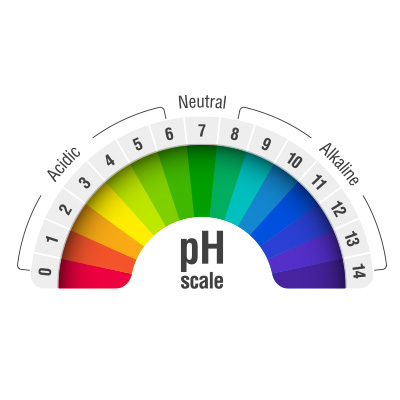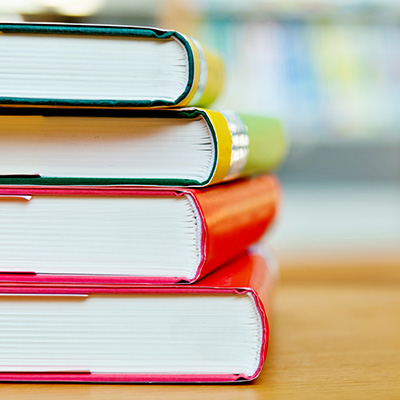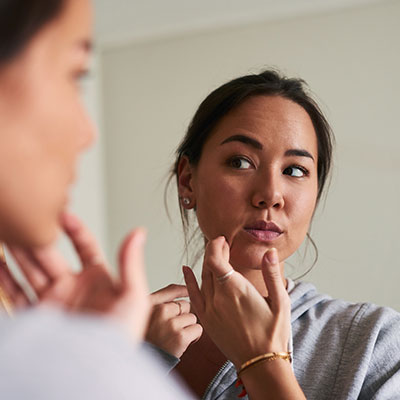
Does Hydration Improve Digestion?
The benefits of drinking water make a big difference.
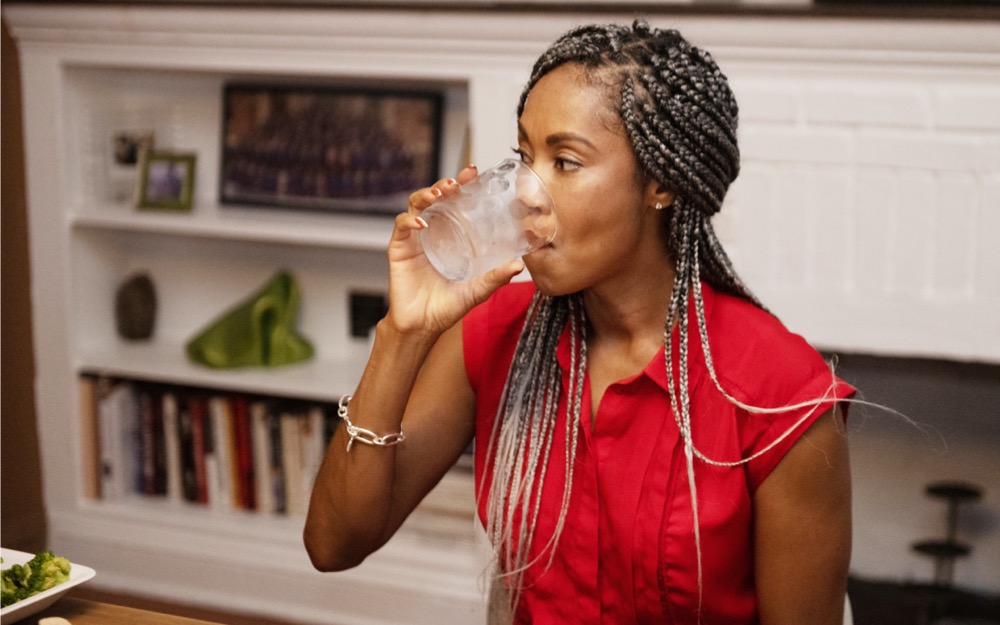
Water helps food travel through your gastrointestinal tract (GI tract) and works with fluids from your pancreas and liver to further break down food until its nutrients can be absorbed through your intestinal lining. Water in blood plasma then carries nutrients to your organs. And your kidneys need water to flush out toxins. When you are dehydrated it becomes harder for food to process properly, which can lead to constipation or uncomfortable bloating. For most people drinking water before, during, or after a meal can make digestion more comfortable.
Staying hydrated not only supports better digestion, it also can help with healthy weight loss. Filling up on a glass of water before a meal can help prevent overeating. Before you make another afternoon snake, drink a glass of water and see if you still feel hungry. It's easy to confuse hunger with thirst.
Many guidelines have been created to help you stay hydrated, like the “8x8 rule” (eight ounces of water, eight times a day). But the truth is, there is no one size fits all when it comes to hydration. Numerous factors contribute to how much water your body needs, including diet, age and level of physical activity. When it's hot or you are physically exerting yourself, you'll need to drink more water to replace the water lost through sweat. Certain medical conditions or medications can also cause dehydration.
A great way to jumpstart your day is by drinking a glass of water first thing in the morning. When you sleep, your body loses water with every exhale. In general, the most important thing to do is listen to your body. If you feel thirsty or start to feel symptoms of dehydration, drink water and see if you feel better.
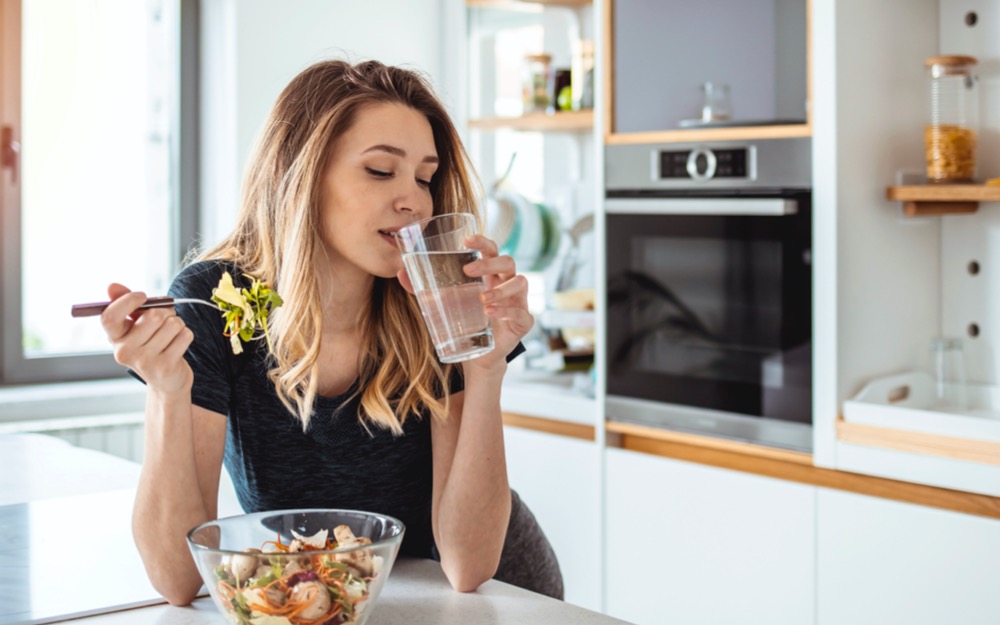
Take a moment to scan your body. Do you feel thirsty? It may seem obvious, but thirst is the best way to tell if you are dehydrated. Dry lips or a sticky tongue are other indicators that your body is dehydrated. To test, hold your tongue against the roof of your mouth, then drop it down. If you feel your tongue sticking, then go drink some water.
Another way to check if you are dehydrated is to pinch the skin on the top of your fingers. Hydrated skin should immediately fall back down. If your skin stays up and takes longer to fall back into place, then this is a sign of dehydration. This skin pinch test also works for dogs and cats. Other signs that you may be dehydrated can be headaches, dark colored urine, fatigue and constipation. Still not sure if you are dehydrated? Just drink some water. It won't hurt.
While healthy digestion is important, the full list of water’s benefits goes on and on. Drinking water is crucial to your overall health. The average adult is around 70% water and dehydration has a negative effect on multiple systems in your body. The amount of water in your body directly impacts your blood volume. Blood plasma is 90% water. Water also helps to regulate body temperature, lubricate joints and boost muscle recovery. Drinking clean, filtered water can have a big impact on your work or scholastic performance. The adult brain is around 75% water and your cognitive function is affected when you are even slightly dehydrated. Dehydration can impede your ability to focus, short term memory and mathematical skills. Staying hydrated also keeps your skin (64% water) hydrated from the inside out.
For something so essential to our health, it can sure feel like a drag to drink water. Beverages like soda, juice or coffee can feel so much more appealing. But remember, these drinks are less hydrating and usually contain added sugar. Caffeine and alcohol act as diuretics and tend to dehydrate your body. This is why it’s important to drink water along with your morning cup of joe and again in the evening after a glass of wine. The good news is that the more you drink water, the more you will learn to recognize when you are dehydrated and the more appealing plain ole’ water will become. If you are still not a fan of plain filtered water, then here are a few alternative hydrating drinks.

Tea - hot or cold, tea is mostly water and pretty healthy (as long as you don't add a bunch of sweetener). Tea is also a cozy, less caffeinated alternative to another cup of coffee.
Infused water - If it's the bland taste of water that gets you down, then try infusing your water with fruit or mint. It's easy to do and can turn your regular water into something special.
Veggies - Water doesn't only come in liquid form. Our bodies also get water from food. Many vegetables and fruits contain a high percentage of water. Strawberries, tomatoes, lettuce, cucumbers and grapefruits are all over 90% water.
Soups - In the winter months, add your favorite soups to the dinner menu. Just remember to keep soups low in sodium. Sodium can cause water retention and bloating.
Now that you've got hydration on the mind, it may be a good time to evaluate the water you are drinking. A water system that retains natural minerals and filters out harsh chemicals like chloramines and chloramines will benefit you the most. Minerals are an important because they help balance the pH of your water and contribute to your daily intake of calcium and magnesium. Having easy access filtered water that tastes great makes it a lot easier to stay hydrated. You can take control of the water quality in your home by installing a whole house water system that filters tap water before it enters your home. When all the water in your home is filtered, you can drink high quality water from any faucet in your home. Plus, you won't have to buy bottled water all the time.
Drinking water is one of the easiest ways to improve your health. Avoid unnecessary bloating, constipation or indigestion. Keep your digestive system and body running in tip-top shape, so you can fully enjoy every meal.

